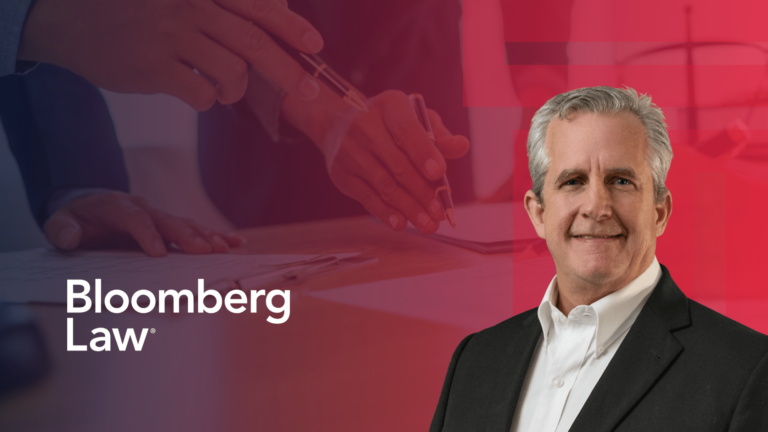![]() Information Week recently interviewed Culhane Meadows’ Washington, DC partner Peter Cassat to discuss AI ethics and potential liability issues.
Information Week recently interviewed Culhane Meadows’ Washington, DC partner Peter Cassat to discuss AI ethics and potential liability issues.
Here are some excerpts from Peter’s interview:
As artificial intelligence moves deeper into enterprises, companies have been responding with AI ethics principles and values and responsible AI initiatives. However, translating lofty ideals into something practical is difficult, mainly because it’s something new that needs to be built into DataOps, MLOps, AIOps and DevOps pipelines.
There’s a lot of talk about the need for transparent or explainable AI. However, less discussed is accountability, which is another ethical consideration. When something goes wrong with AI, who’s to blame? Its creators, users, or those who authorized its use?
…
HR bots
More HR departments are using AI-powered chatbots as the first line of candidate screening because who wants to read through a sea of resumes and interview candidates that aren’t really a fit for the position?
“It’s something I’m seeing as an employment lawyer. It’s becoming used more in all phases of employment from job interviews through onboarding, training, employee engagement, security and attendance, said Paul Starkman a leader in the Labor & Employment Practice Group at law firm Clark Hill. “I’ve got cases now where people in Illinois are being sued based on the use of this technology, and they’re trying to figure out who’s responsible for the legal liability and whether you can get insurance coverage for it.”
Illinois is the only state in the US with a statute that deals with AI in video interviews. It requires companies to provide notice and get the interviewee’s express consent.
Another risk is that there still may be inherent biases in the training data of the system used to identify likely “successful” candidates.
Then there’s employees monitoring. Some fleet managers are monitoring drivers’ behavior and their temperatures.
“If you suspect someone of drug use, you’ve got to watch yourself because otherwise you’ve singled [them] out,” said Peter Cassat, a partner at law firm Culhane Meadows.
Of course, one of the biggest concerns about HR automation is discrimination.
The complete article can be found here.
About Culhane Meadows – Big Law for the New Economy®
The largest woman-owned national full-service business law firm in the U.S., Culhane Meadows fields over 70 partners in ten major markets across the country. Uniquely structured, the firm’s Disruptive Law® business model gives attorneys greater work-life flexibility while delivering outstanding, partner-level legal services to major corporations and emerging companies across industry sectors more efficiently and cost-effectively than conventional law firms. Clients enjoy exceptional and highly-efficient legal services provided exclusively by partner-level attorneys with significant experience and training from large law firms or in-house legal departments of respected corporations. U.S. News & World Report has named Culhane Meadows among the country’s “Best Law Firms” in its 2014 through 2020 rankings and many of the firm’s partners are regularly recognized in Chambers, Super Lawyers, Best Lawyers and Martindale-Hubbell Peer Reviews.
The foregoing content is for informational purposes only and should not be relied upon as legal advice. Federal, state, and local laws can change rapidly and, therefore, this content may become obsolete or outdated. Please consult with an attorney of your choice to ensure you obtain the most current and accurate counsel about your particular situation.







